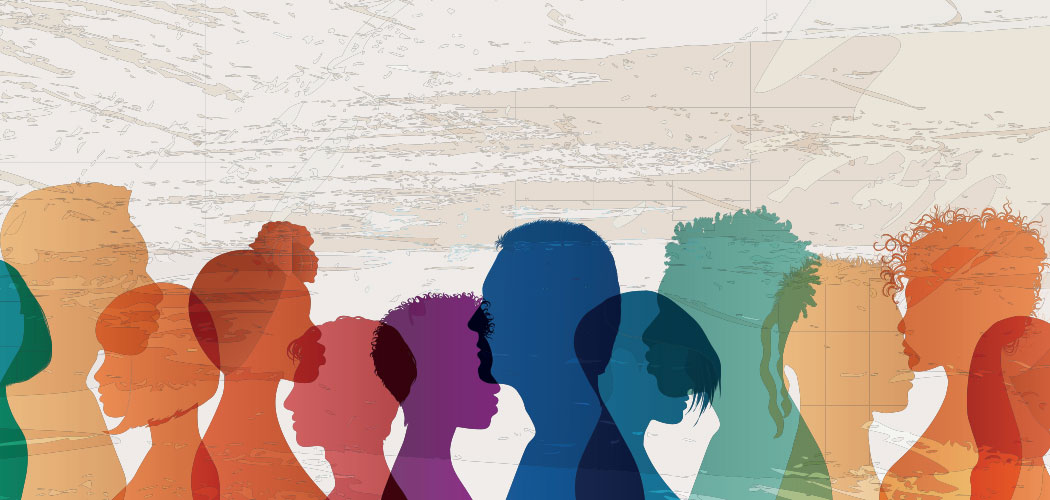Unless rapid progress is made, the global community will fall short of achieving gender equality by the Sustainable Development Goals’ (SDGs) 2030 deadline, a new UN Women report has found.
Although there have been inroads, with women now holding one in every four parliamentary seats and the percentage of women and girls living in extreme poverty dropping below 10%, overall progress remains insufficient.
For example, in 51% of countries there is at least one restriction preventing women from doing the same jobs as men. Worryingly, one in eight women and girls aged 15-49 were subjected to sexual and/or physical violence by an intimate partner in the previous year.
At current rates, gender parity in parliaments remains a distant dream, potentially not achievable until 2063, while it will take a staggering 137 years to lift all women and girls out of poverty.
The latest edition of Progress on the Sustainable Development Goals: The Gender Snapshot 2024, was launched in New York this week by UN Women and the United Nations Department of Economic and Social Affairs.
As world leaders prepare for the upcoming Summit of the Future on September 22-23, they are being urged to forge new international consensus to close the gender gap, achieve gender equality and advance the empowerment and rights of all women and girls.
“Today’s report reveals the undeniable truth: progress is achievable, but is not fast enough,” said Sima Bahous, UN Women Executive Director.
“We need to keep pushing forward for gender equality to fulfill the commitment made by world leaders in the Fourth World Conference on Women held in Beijing almost 30 years ago and the 2030 Agenda. Let us unite to continue dismantling the barriers women and girls face and forge a future where gender equality is not just an aspiration but a reality.”
The report also highlights the significant cost of gender inequality. For example, the annual global cost of countries failing to adequately educate their young populations is over USD 10 trillion. Low- and middle-income countries can lose another USD 500 billion in the next five years by not closing the digital gender gap.
“The costs of inaction on gender equality are immense, and the rewards of achieving it are far too great to ignore. We can only achieve the 2030 Agenda with the full and equal participation of women and girls in every part of society,” said Li Junhua, United Nations Under-Secretary-General for Economic and Social Affairs.
The report includes a set of recommendations to eliminate gender inequality across all the 17 Sustainable Development Goals such as legal reform, highlighting that countries with domestic violence legislation have lower rates of intimate partner violence – 9.5% compared to 16.1% for those without.
It calls for decisive action at the Summit of the Future taking place 22-23 September, and the 30th anniversary of the Beijing Declaration and Platform for Action in 2025; to increase investments and end discrimination against women and girls; and to fulfill the promise of the 2030 Agenda.
Read the report here








